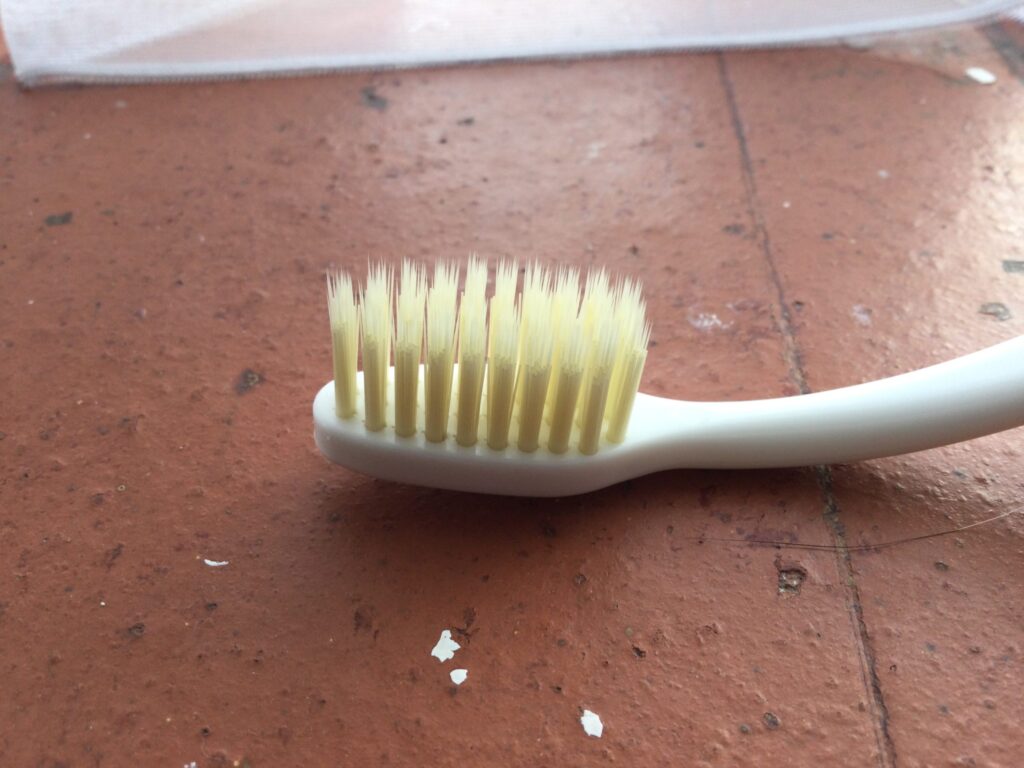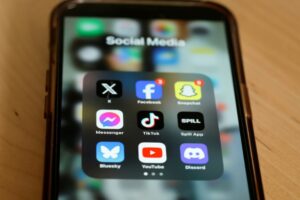Mouthwash, brushing, and dental health: Necessary or unnecessary?

Close-up of a toothbrush. Image by Tim Sandle.
Throughout childhood and adolescence, routine dental check-ups often come with the same advice: brush twice a day and floss.
What about mouthwash? How effective is the oral disinfectant? There have been some experts cautioning against it while others recommend its use.
Dr Smita Mehra, BDS MFGDPRCS and Principal Dentist at The Neem Tree Dental Practice, has explained to Digital Journal how mouthwash should be used.
“While mouthwash is a great way to freshen your breath, it’s important to fully understand when and how it should be used”, explains Mehra. “In addition, depending on what other issues you are suffering with, such as sensitive teeth, bad breath, or bleeding gums, your hygienist can advise on which mouthwash will suit you best.”
As to its necessity, Mehra says: “People often see mouthwash as a crucial part of an oral health routine, but it isn’t as important as brushing and flossing, and in some cases, it can do more harm than good.”
The process of selecting a mouthwash, should it be necessary, requires care. Mehra explains: “Firstly, when choosing a mouthwash, check the ingredient list to avoid products containing alcohol or the disinfectant chlorhexidine, as these are designed to kill bacteria.”
There’s a reason for ingredient selection needing to be made carefully, notes Mehra: “Although that might sound beneficial, these ingredients can also eliminate beneficial bacteria that help protect your teeth and gums.”
There is another disadvantage that needs to be taken into account, observes Mehra: “Using mouthwash with these chemicals can also make your teeth more susceptible to staining. With this in mind, you should avoid consuming foods or drinks known for staining right after using mouthwash.”
Timing is also important: “Additionally, you should avoid using mouthwash immediately after brushing, as it washes away the protective fluoride layer left by your toothpaste. This can be detrimental to oral health, as fluoride helps prevent cavities from worsening.”
Mehra states further why overusing a mouthwash should avoided: “With the current shortage of dentists across the country, taking measures to halt the progression of cavities and other oral health issues can help prevent dental emergencies and save you from having to endure more pain.”
Her closing advice is: “If you choose to use mouthwash, the best time is after meals, as it can freshen your breath and leave your mouth feeling refreshed. It’s also beneficial to use it beforehand, as it can help remove excess plaque before flossing and brushing. However, if you do decide to use mouthwash throughout the day, make sure you don’t eat or drink anything for at least thirty minutes afterwards.”
In summary, Mehra observes: “Mouthwash is a great way to keep your mouth feeling fresh, but ultimately, for optimal oral health, the best thing you can do besides brushing is flossing. Flossing reaches the nooks and crannies between your teeth, helping to remove plaque in areas that your toothbrush might miss.”
Mouthwash, brushing, and dental health: Necessary or unnecessary?
#Mouthwash #brushing #dental #health #unnecessary





